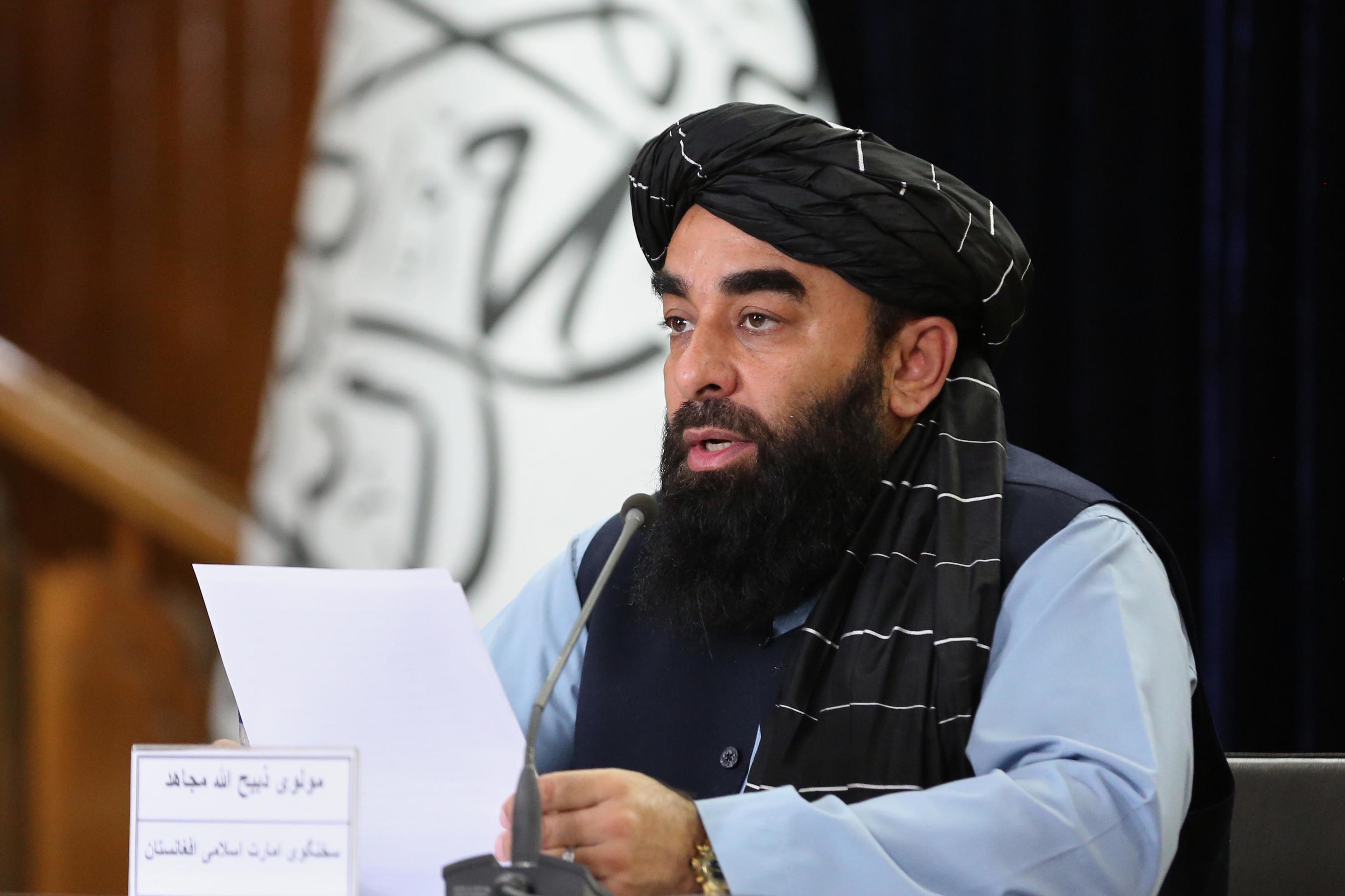The peaks of the Hindu Kush separate two nations that, despite sharing some languages, faith, and blood, have been trapped in a labyrinth of enmity for decades. Afghanistan and Pakistan have been observing each other for over 70 years through a line drawn by British hands: an invisible border drawn in 1893 that, besides dividing, left a wound that remains very open today.
The focus of the conflict has shifted in recent days to various parts of the border between these two countries, which stretches over 2,600 kilometers. The Pakistani army and the Taliban exchanged fire on Saturday night after an escalation of tensions prompted, as claimed from Afghanistan, by a Pakistani airstrike on a market in Kabul last week.
The Taliban forces claimed yesterday that 58 Pakistani soldiers had died during the attacks and that they had taken three posts on the northern border of the neighboring country, while the Pakistanis stated that they destroyed several military posts of their rival and killed "over 200 Taliban fighters and terrorists." A spokesperson for the Afghan extremists lowered the number to nine Afghan fighters killed during the clashes. Thus, once again, an old and very complex conflict with roots in the British colonial era is resurrected - or at least returns to the forefront of current news.
The origins date back to the Durand Line, the border unilaterally established by the British to divide the then British Empire of India and Afghanistan. Successive Afghan governments have refused to recognize this division because they considered it an illegitimate colonial imposition that separated the Pashtun people, an ethnic group originating from the mountainous regions of southern Afghanistan and western Pakistan. The latter defended this demarcation after its independence in 1947.
During the Cold War, the Soviet invasion of Afghanistan led Pakistan to become the preferred ally of the United States and, with Washington's money, channeled weapons and indoctrination to the mujahideen who would later shape the Taliban regime that took power in 1996.
The monster they had helped create turned against them when Afghanistan became a refuge for militant jihadists of the Tehrik-i-Taliban (TTP), known as the Pakistani Taliban, who have been waging an armed campaign against Islamabad for many years with attacks throughout the territory.
This militant group, seeking to implement a stricter Islamic law, has intensified its attacks on Pakistani territory after the Afghan Taliban returned to power in 2021. A report by the Center for Research and Security Studies, based in Islamabad, indicated that Pakistani Security forces suffered in 2024 the highest number of casualties in almost a decade while fighting the insurgency (527 members of Pakistani Security forces and 489 civilians died in attacks). In an attack on Friday carried out in a northeastern border province of Pakistan, claimed by the TTP, 23 people died, including several civilians.
Tensions between both countries have escalated in recent years on multiple occasions whenever the Pakistani army conducted airstrikes inside Afghanistan against alleged TTP hideouts. Islamabad also accuses the Taliban administration of sheltering TTP militants with the support of India, its main regional enemy. This is denied by New Delhi.
A Pakistani Security official stated a few days ago that the airstrike on Kabul, which triggered the current confrontation, targeted the TTP leader. During the Saturday clashes that erupted along the border, both armies used artillery, tanks, and light and heavy weapons.
Both countries accused each other of violating their sovereignty with the attacks. Partners of both nations, such as Qatar, Saudi Arabia, and Iran, have called for prioritizing dialogue and diplomacy to maintain stability in the region.
"Afghanistan is playing with fire and blood," said Mohsin Naqvi, Pakistan's Interior Minister. Afghan authorities stated that their "retaliatory operation" concluded early Sunday morning. "If the Pakistani side violates Afghanistan's sovereignty again, our armed forces will defend the country's Durand Line and respond forcefully," they said.
This latest escalation has coincided with a historic official visit to India by Afghanistan's Foreign Minister, Amir Khan Muttaqi, the first since the Taliban's return to power. The Indian government announced the reopening of the embassy in Kabul, which was closed four years ago. Last May, the armies of India and Pakistan, two nuclear powers, engaged in a series of bombings in various border regions.
